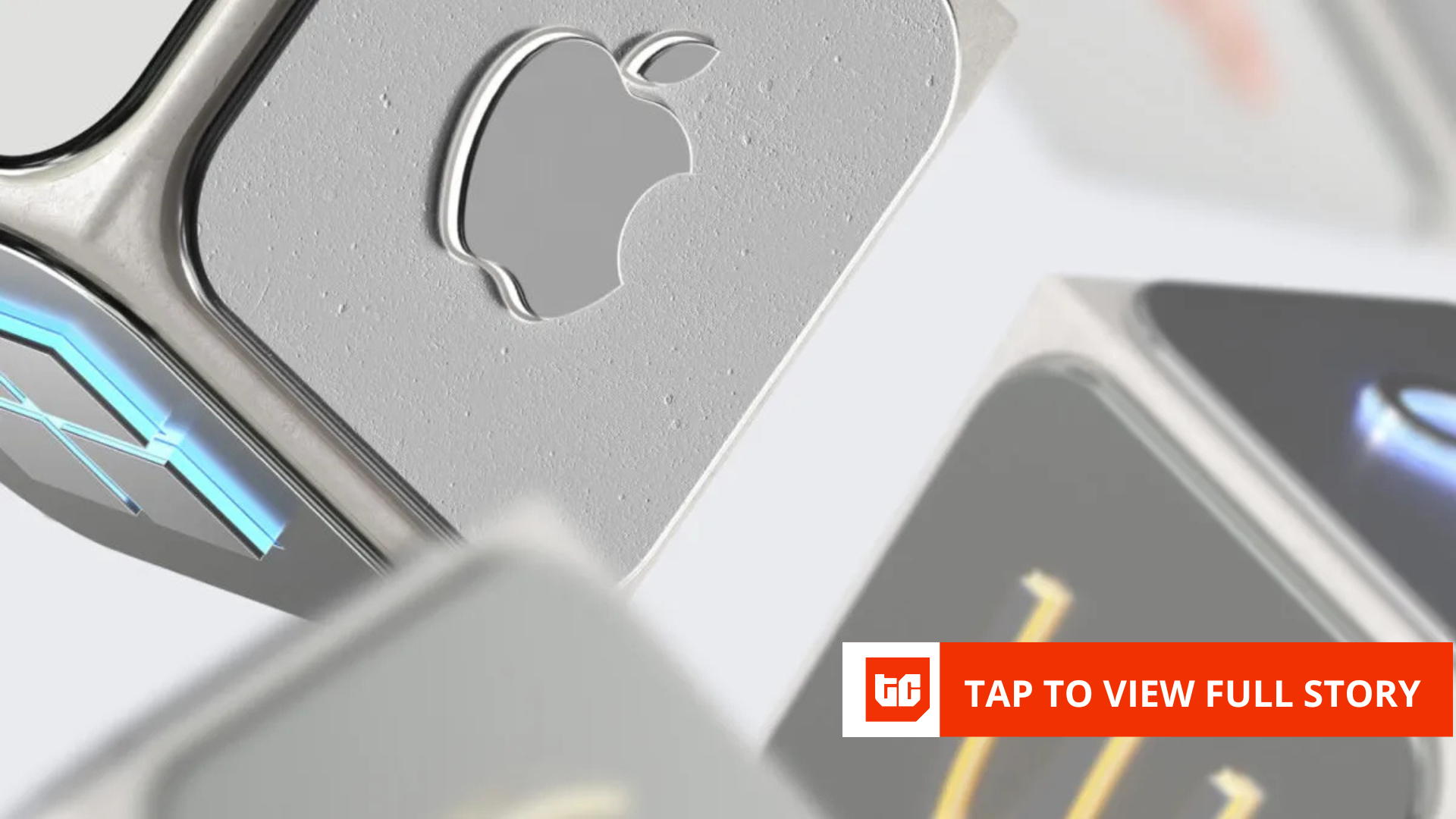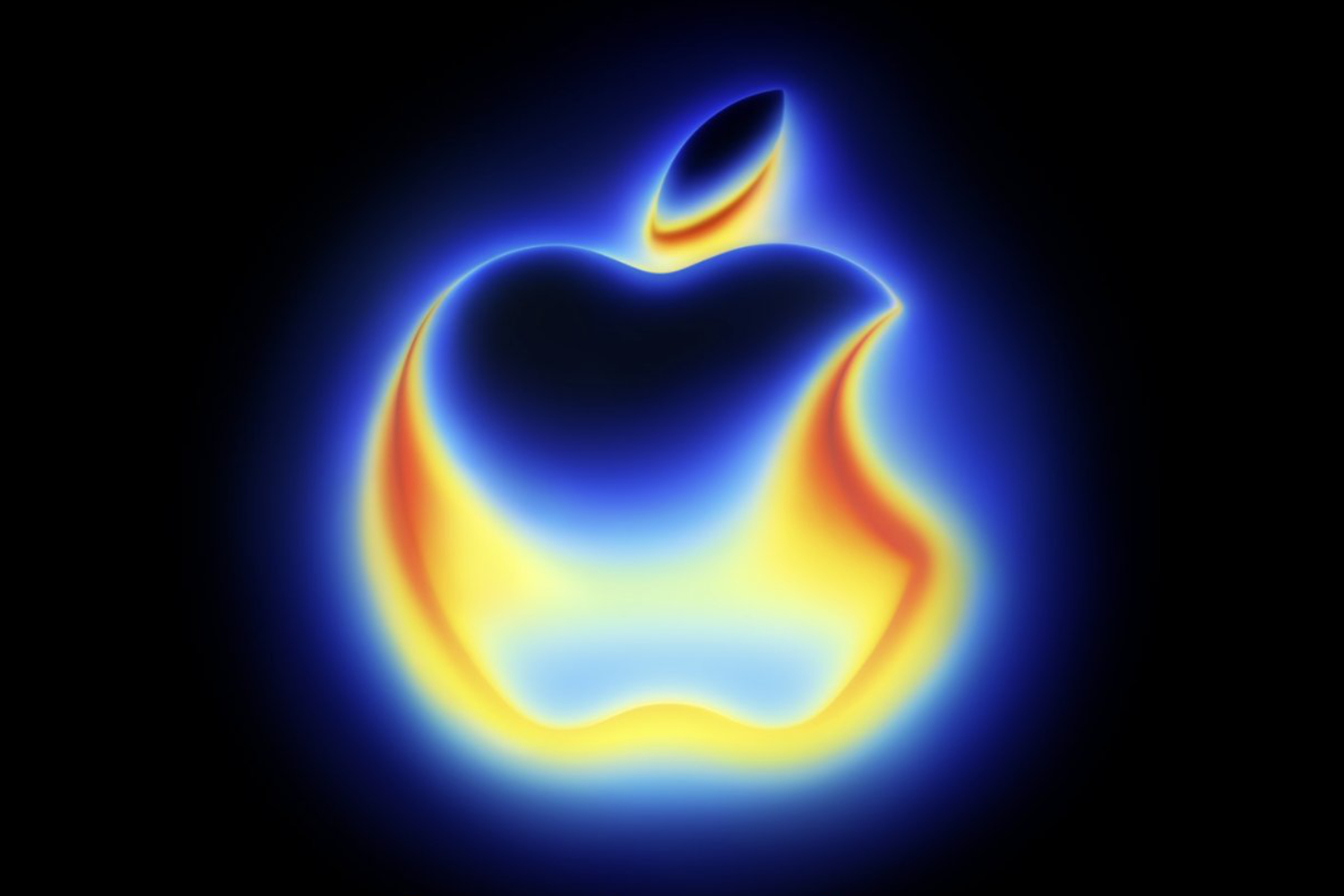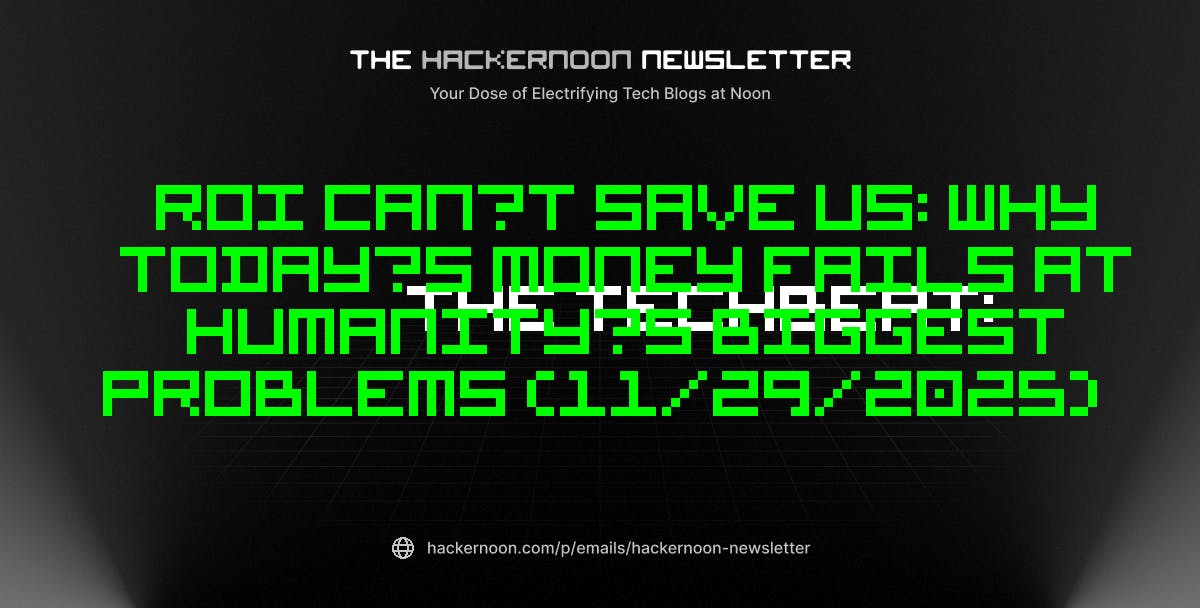Luno, the UK-based crypto firm operating in four African countries, has launched tokenised US stocks in Nigeria, one month after rolling out the product in South Africa, where it has already attracted 10,000 users.
From September 8, Luno will allow its Nigerian users to invest in 60 tokenised US stocks and exchange-traded funds (ETFs) for as little as ₦100 ($0.07) through a partnership with xStocks by Kraken, the tokenisation product of the global crypto company, and Backed Finance, a US-based firm that issues tokenised real-world assets (RWAs).
Luno is deepening its push to drive the adoption of tokenised assets across Africa, as regulations evolve. In July, Luno Nigeria introduced its staking product, which allows users to earn yields by holding cryptocurrencies on the app.
By introducing tokenised equities, Luno is entering a market already crowded by local wealthtech apps like Bamboo, Chaka, Rise, and Trove, which have popularised fractional US stock investing in Nigeria. Luno is betting on crypto infrastructure, positioning tokenisation as a cheaper, more flexible way to hold global assets.
“Nigerians have shown that when an innovation makes financial life easier and safer, they will overcome initial scepticism and adopt it,” said Ayotunde Alabi, CEO of Luno Nigeria. “Tokenised stocks address a real need by letting people invest in top global companies easily, something previously out of reach due to high costs and complex procedures. If we demonstrate that this product is safe and valuable, Nigerians will use it.”
Tokenised US stocks are digital representations of the actual shares of companies like Nvidia, Apple, and Microsoft, backed 1:1 to those shares and held in regulated custodial reserves. When a user buys a tokenised stock, such as APPLx, they are holding digital assets designed to track the performance of actual securities. However, unlike traditional equities, investors do not receive shareholder rights such as voting or dividends, as these tokens sit outside capital market protections.
Tokenised assets appeal to retail investors due to their accessibility. Users have round-the-clock access to buy and sell their holdings, and in smaller denominations than conventional brokers allow, with instant liquidity provided by Luno.
Yet the launch comes at a delicate time. Nigeria’s Securities and Exchange Commission (SEC) has recently tightened oversight of digital asset operators through an incubatory programme. The new Investment and Securities Act (2025) also classifies digital assets as securities. Tokenised assets are digital assets, but when they offer an investment gateway, they qualify as securities. This puts tokenised equities on a regulatory knife-edge.
“Nigeria’s Investment and Securities Act (2025) actually provides clarity here,” said Alabi. “It defines a digital asset as any token that represents a debt or equity claim, or is otherwise used for investment. By that definition, our tokenised stock clearly qualifies as a security, and we treat it as such. We align with that and ensure compliance, including continuous dialogue with regulators.”
Luno Nigeria is awaiting a provisional crypto licence from the SEC after applying to the incubatory programme in June 2024, and maintains it is compliant with the regulator’s requirements.
Asset managers that control trillions of naira in investment funds will be another set of institutional clients to convince of tokenisation’s benefits. Alabi acknowledged that many will be cautious at first as they try to gauge user interest.
“They have fiduciary duties and will want to be sure that tokenised stocks are compliant and that the risk and differences from regular stocks are understood,” he said. “That said, progressive asset managers see the potential; they see benefits in faster settlement, broader investor base, and operational efficiency. I think Nigerian asset managers will warm up in time, especially if they see demand from clients.”
Yet for the crypto startup, the challenge isn’t just regulatory. It must also prove its edge over fintech rivals that already enable fractional stock investing. Wealthtech startups like Bamboo and Trove rely on brokerage partnerships abroad, while Luno Nigeria says its model is backed by crypto-native custody, where each token corresponds to real shares held via global partners, such as Kraken’s xStocks and Backed Finance.
The underlying use of digital assets helps to make tokenised stocks more affordable for retail investors. For example, users pay a $1 minimum in fees and commission when buying US stocks and ETFs on Bamboo, with higher trades incurring up to 1.5% in fees. Luno Nigeria makes money by charging a 2% fee on each tokenised stock trade, with no additional management or monthly fees. As usage increases, Luno’s revenue from its tokenised stock product grows accordingly.
“Our tokenised stock offering has several compelling advantages,” Alabi said. “With tokenised stocks, investors aren’t limited to US market hours—they can trade 24/7, with instant settlement on the blockchain. Customers also have the option to withdraw their stock tokens to a private wallet, something traditional platforms don’t offer. This portability and transparency give users more control, alongside lower and more straightforward fees.”
Outside of the capital market exclusion, tokenised stocks still come with risks. Smart contract bugs, service outages, and security breaches are existential problems with the technology. Yet Luno, which claims it has a strong security track record, applies rigour to its technology vetting process.
“We’re always testing for token smart contract bugs that can cause problems, as well as applying solid cybersecurity procedures [for user protection],” said Alabi. “We maintain insurance and emergency procedures in cases of operational incidents.”
The bigger question is what this move signals for Luno’s long-term play and Nigeria’s crypto industry. While tokenised assets are still niche, they could become the building blocks of a broader wealth-management ecosystem in Nigeria, if adoption scales and early bets by players like Luno pay off.
“Our end-goal is to build a comprehensive digital investment ecosystem that empowers every type of investor,” Alabi explained. “Financial inclusion is a major priority; tokenisation enables someone with just a few thousand naira to gain exposure to global stocks, which was impossible before.”
Beyond inclusion, this is part of a larger vision for Luno: it is evolving into a one-stop digital wealth management app, where people can manage crypto, stocks, ETFs, and eventually, real estate or bonds in one place, said Alabi.
As the market tests this new model, success will be measured less in short-term adoption numbers than in whether Luno can convince sceptical Nigerians that tokenised assets are safe, transparent, and worth trusting.
Mark your calendars! Moonshot by is back in Lagos on October 15–16! Join Africa’s top founders, creatives & tech leaders for 2 days of keynotes, mixers & future-forward ideas. Early bird tickets now 20% off—don’t snooze! moonshot..com










